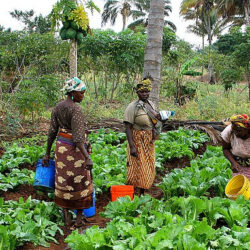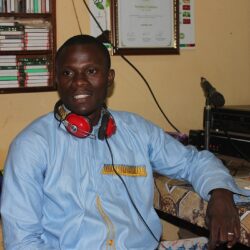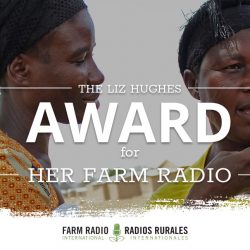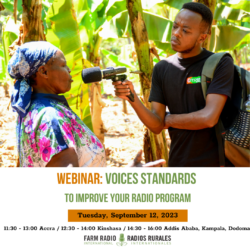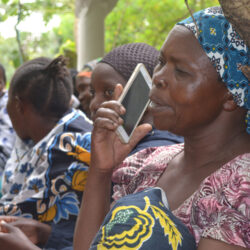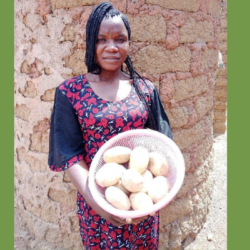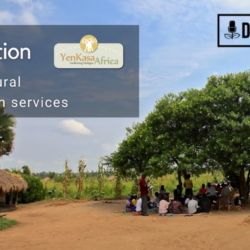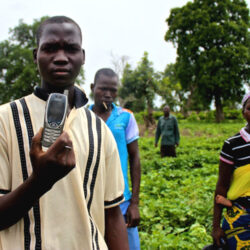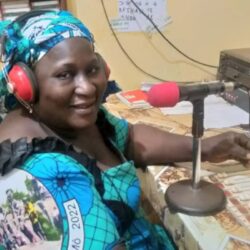Celebrating rural women on the airwaves
International Day of Rural Women is observed on October 15 every year to recognize their vital role in food systems and rural development. From the production of crops to the processing, preparation and distribution of food, women’s work paid and unpaid feeds their families, communities and the world. However, they do not exercise equal power with men, and therefore earn less income and experience higher food insecurity. To mark and

